| Maths. No, please don’t shut this tab! And try not to let your eyes glaze over as you consider this... You’ve got £107.52 and you need to pay a £64.25 bill - how much will you have left for your weekly grocery shop? If you owe £595 on your credit card, which has a monthly interest rate of 14%, how much interest will you be charged? The branded sauce is on special at £2.35 for 200mL and the supermarket’s own brand is £5.09 for 450mL, so which one is better value? If you struggled to figure these out, you’re not alone. The 2011 Skills for Life survey showed that across the UK, almost half the adult population only had a level of maths skills expected of primary school aged children. Hastings adults’ skills levels were slightly worse than average, with 52% demonstrating primary school level maths competency. |
Starting on Monday 9 February, National Numeracy will be dropping off leaflets across Hastings and St Leonards, talking to community groups and encouraging people to take the National Numeracy Challenge Online, a free service to help people improve their everyday maths skills. As well as helping to improve people’s numeracy skills, National Numeracy aims to change attitudes to maths, showing how maths is used all the time in daily life, and how everyone can improve their numeracy skills with effort and support.
“Being numerate means being able to use numbers and think mathematically, which is essential for so many aspects of everyday life and work,” says National Numeracy’s chief executive Mike Ellicock. “The National Numeracy Challenge is responding to this need and enabling everyone to start to improve their maths.” The charity notes that poor numeracy can make it hard to manage chronic health conditions like asthma and diabetes, while people with lower numeracy skills can struggle to manage their money and are more likely to get into a spiral of debt. Better numeracy skills can also increase employment opportunities.
Mr Ellicock adds, “To anyone tempted to say ‘I can’t do maths’, we say, ‘Yes, you can’.”
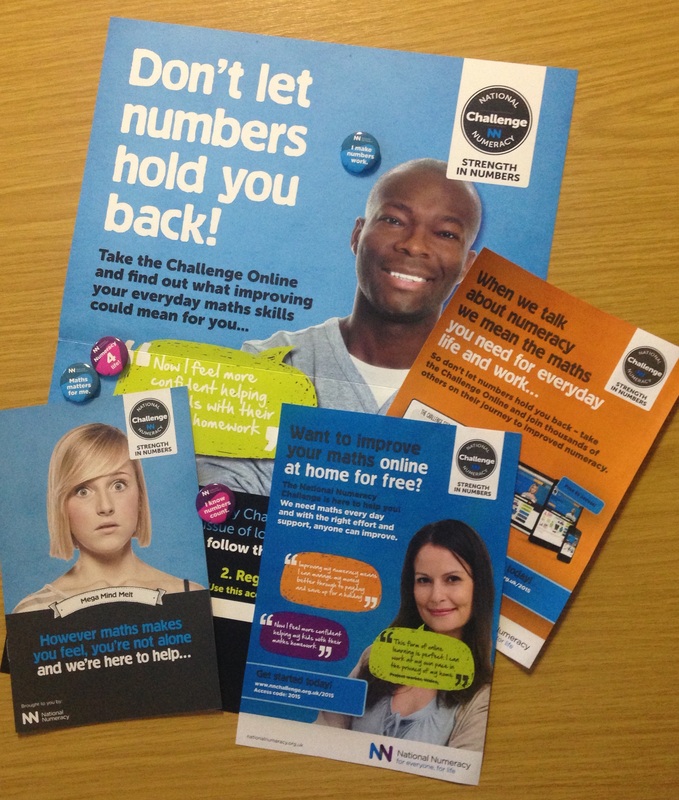


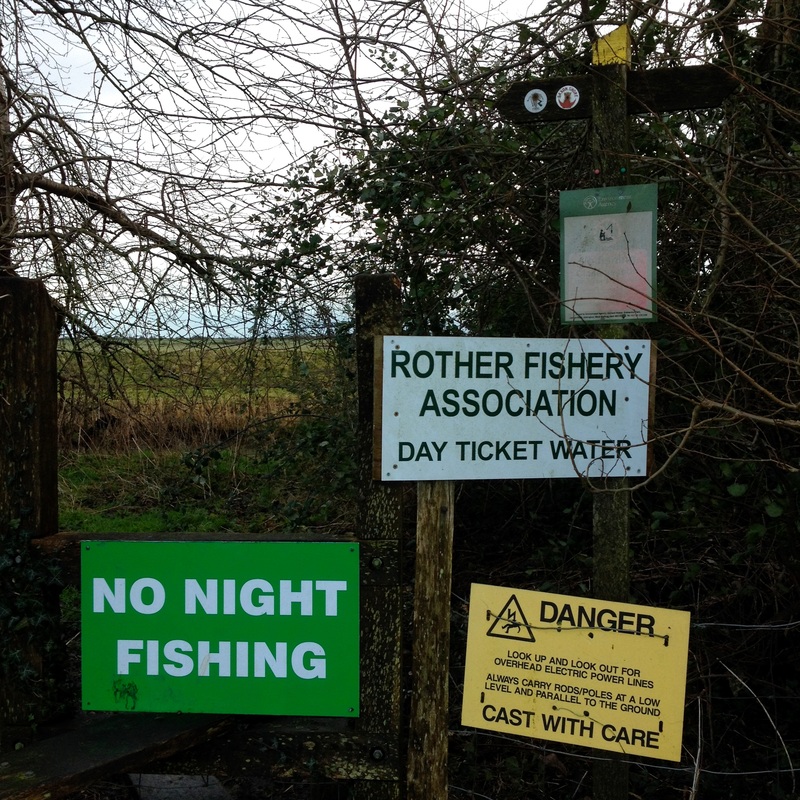







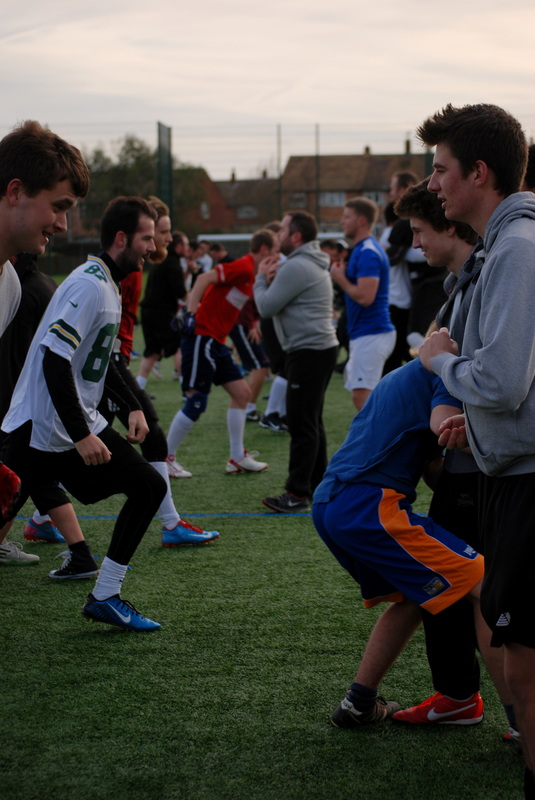


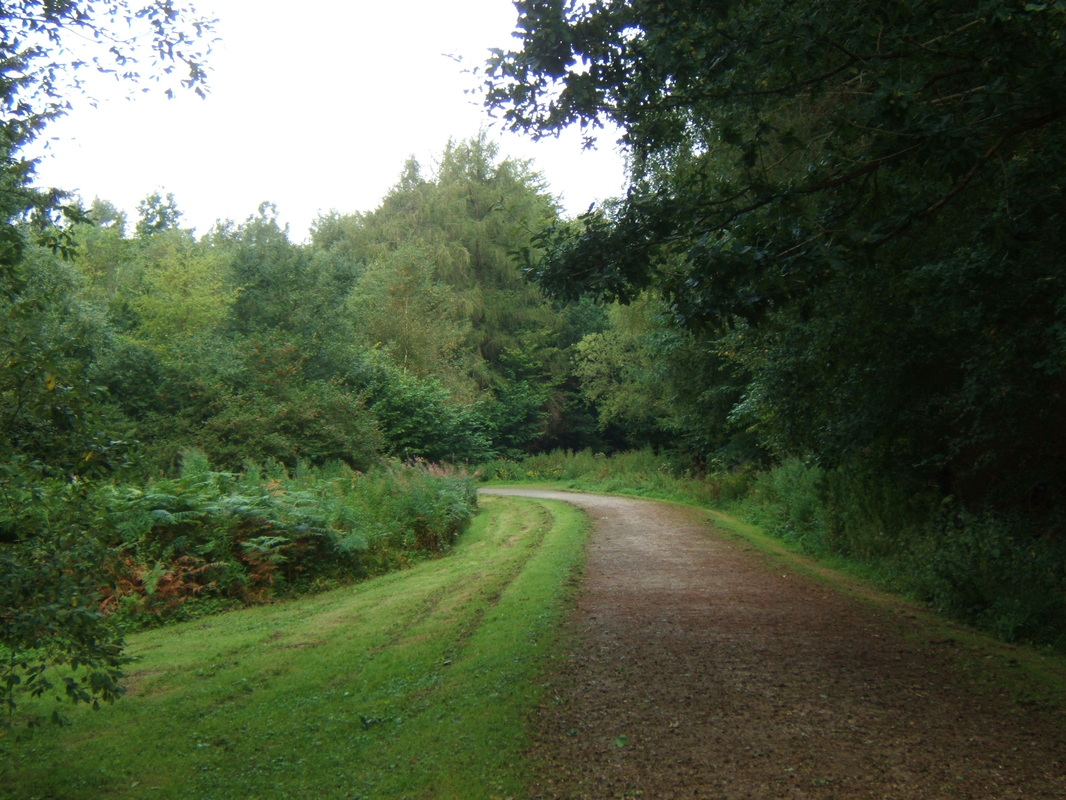
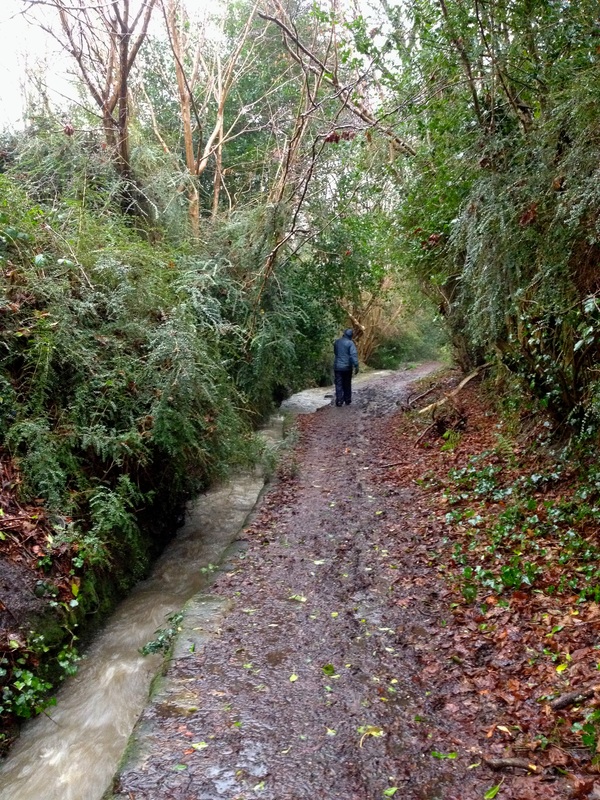


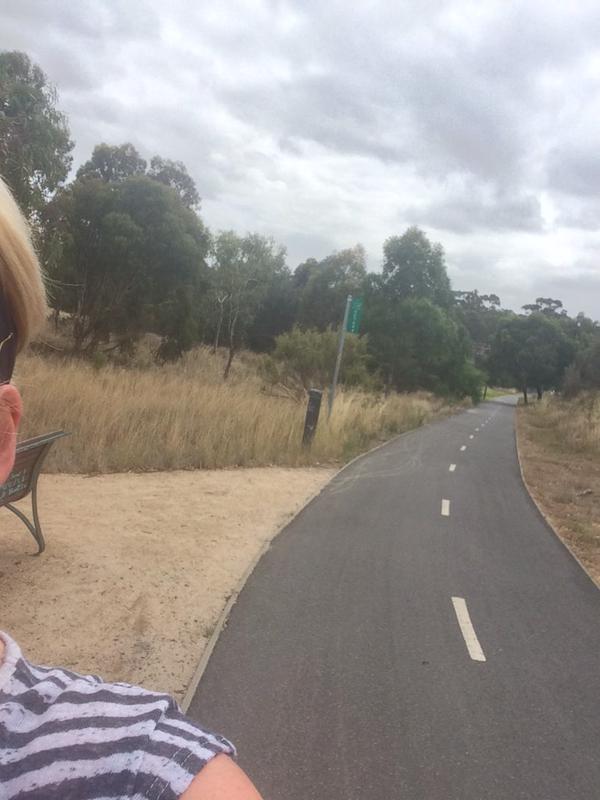
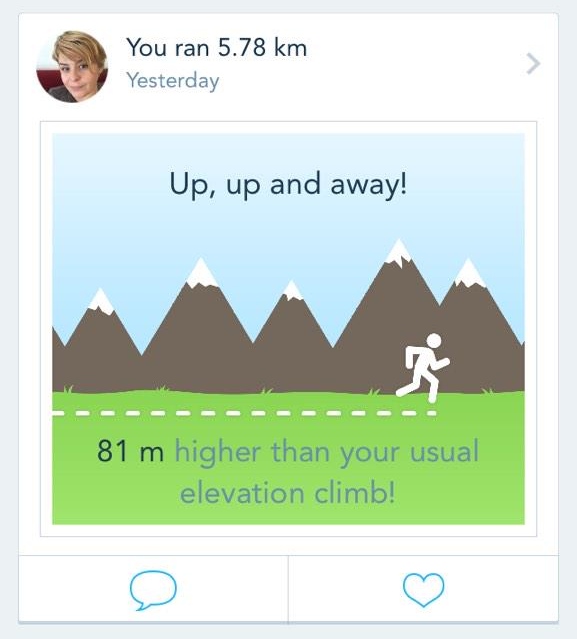
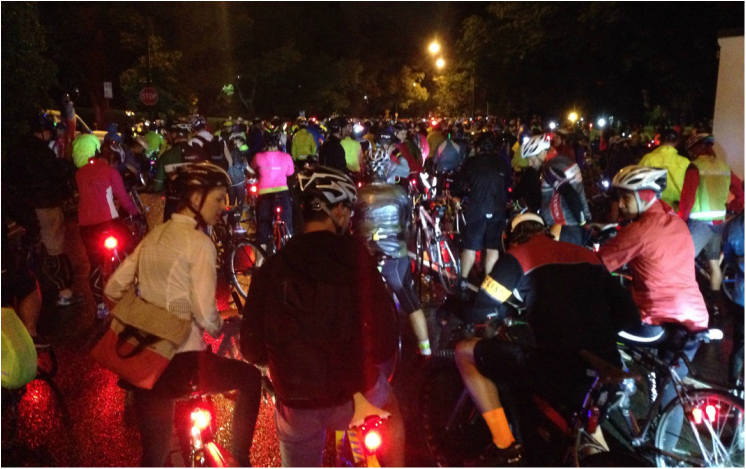


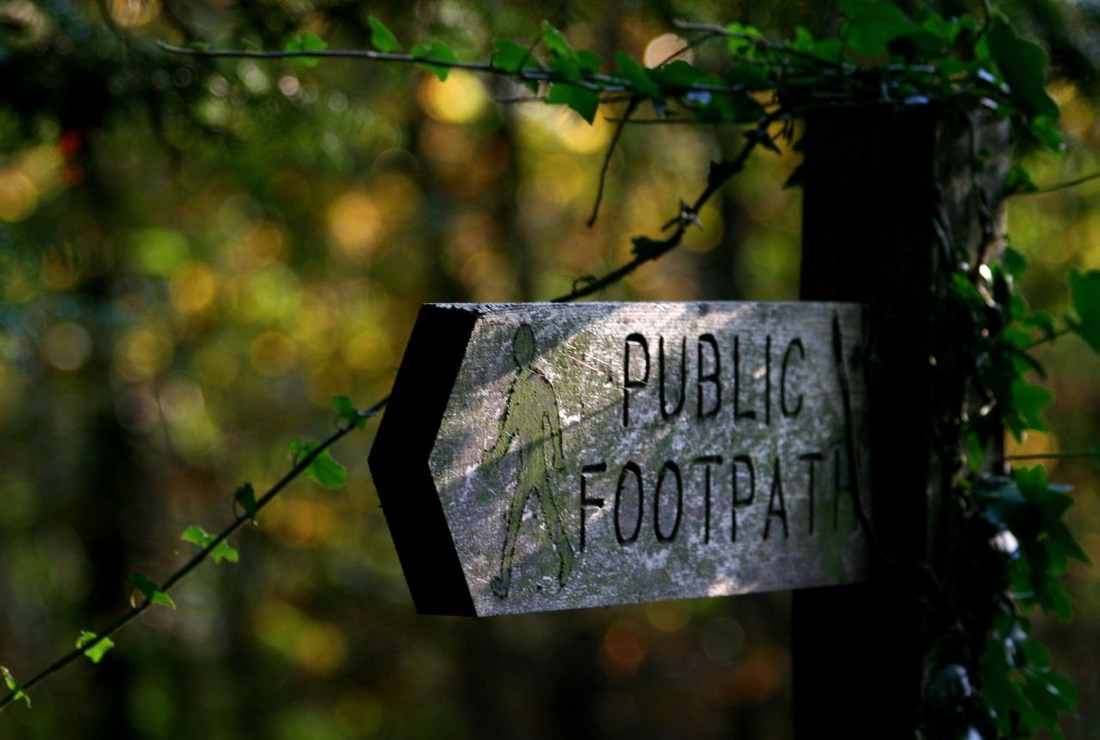



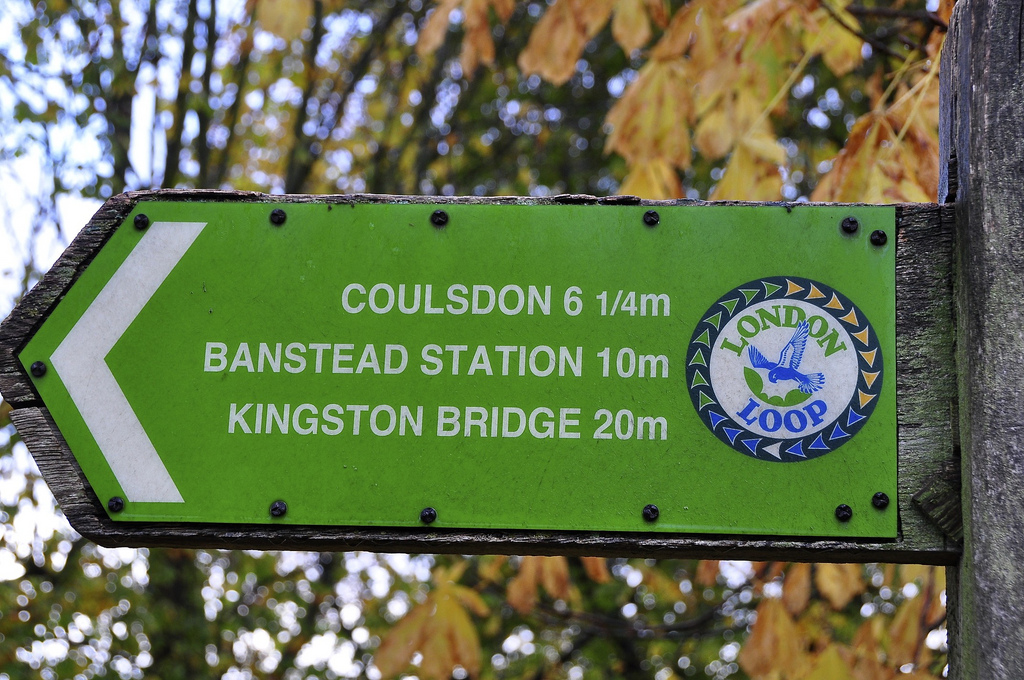




 RSS Feed
RSS Feed
